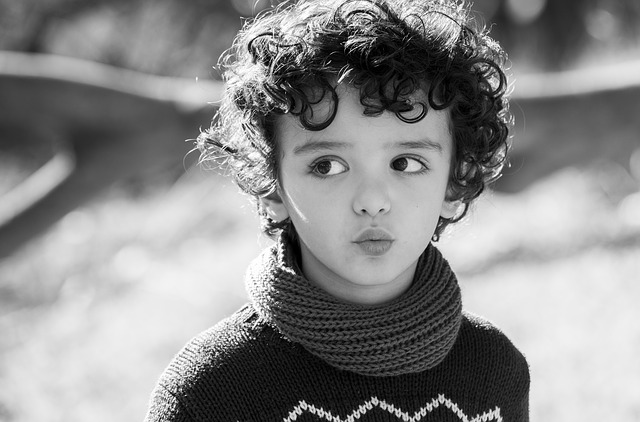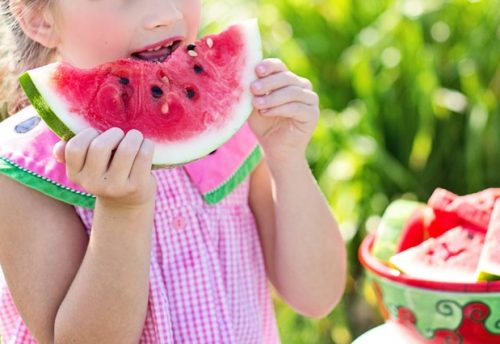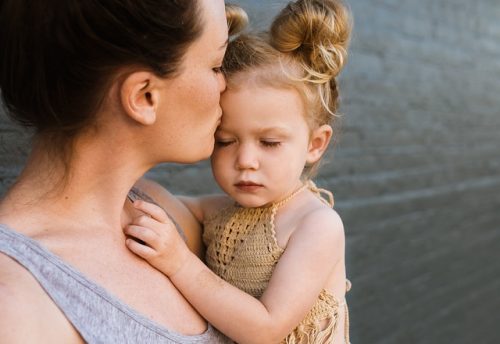
5 Best Tips to Stop Your Child Biting Habits
5 Best Tips to Stop Your Child Biting Habits
In this article you will learn about 5 best tips to stop your child biting habits. Every infant experiments with biting. Babies bite their teething toys, their mommy’s breast, their pacifier, or the fingers or shoulders of their parents. Usually, the parent’s immediate flinch or cry of surprise communicates to the child that biting hurts, and after a few experiments, the child has learned enough about biting to move on. The experiments cease. There’s nothing bad or wrong with these biting experiments: the baby is doing what he or she must do to learn. The good news is that there is a lot that parents and caregivers can do to reduce and, ultimately, eliminate biting. To set the stage for effectively addressing this challenge, avoid calling or thinking of your child as a “biter” and ask others not to use this term. Labelling children can actually lead to them taking on the identity assigned to them, which can intensify biting behaviour rather than eliminate it.
Before jumping into how to stop your children from biting, you must first learn about why children bite.
Children Bite for the Following Reasons :
Experimenting –
Toddlers are learning how their body works – they put things in their mouths, and sometimes nip. It’s impulsive and they don’t mean to hurt. Often, a baby chomps on someone when they’re teething. Sometimes toddlers nip when they’re over-excited.
Stress –
A child may bite as a reaction to stress. Stress could be the result of pain and emotional distress. For example, when the child is separated from the parent and handed over to another person, the child may throw a tantrum and bite the caregiver.
They’re Looking for a Reaction –
Part of exploration is curiosity. Toddlers experiment to see what kind of reaction their actions will provoke. They’ll bite down on a friend or sibling to hear the surprised exclamation, not realizing how painful the experience is for that person.
Lack of Language Skills –
Lack language skills necessary for expressing important needs or strong feelings like anger, frustration, joy, etc. Biting is a substitute for the messages he can’t yet express in words like: I am so mad at you, you are standing too close to me, I am really excited, or I want to play with you.
Here are 5 Best Tips to Stop your Child’s Biting Habits :
1. Teach them to Express Themselves –
When things have calmed down, try to help your child find a less painful way to express their feelings. This works well with children who are biting to try to show their affection, says Mr Flower. “If your child’s expressing love, teach them to hug rather than bite whenever they feel strong emotions.” Likewise, if your child bites out of defence, show them how to tell somebody they don’t want him or her too close – to make the “stop” sign (a hand held up) – or even gently to push the other child’s shoulder, which won’t hurt but gives a clear message. Or teach them to come and find you instead if they’re angry.
2. Create Rules and Policies –
Make rules and childcare policies that discourage biting. For example, the child gets a five–minute timeout on biting someone. Do not scold or say anything sternly to the child when implementing the rule. Ask the child politely to have a timeout with no toys. Be consistent with the implementation of the rule. play school franchise
3. Give them Time –
Give your child enough of your time throughout the day (for example, by reading or playing together), so he or she doesn’t bite just to get attention. Extra attention is especially important when your child is going through a major life change, such as a move or welcoming a baby sibling. If your child is prone to biting, keep an eye on any playmates and step in when an altercation appears to be brewing.
4. Do not Drown the Biting Child with Attention –
The biting child may get so much criticism that they may feel being under a spotlight. It can make the child feel important after they just bit someone. Therefore, once you are done expressing your disapproval turn your attention towards the child that is bitten. A kid is more likely to feel guilty and not bite when they realize everyone ignores them after they bite.
5. Discourage Biting in All Situations –
Once your child is over three years old, discourage all types of biting, including biting their fingers or playfully biting their siblings. Be consistent in your reaction. If you do not mind the child biting their sibling but reprimand them for biting a classmate, then it will confuse the child.






Leave a Reply